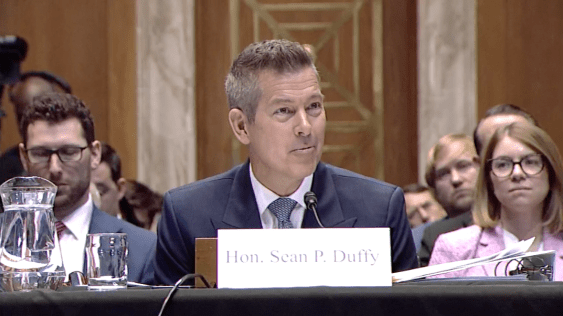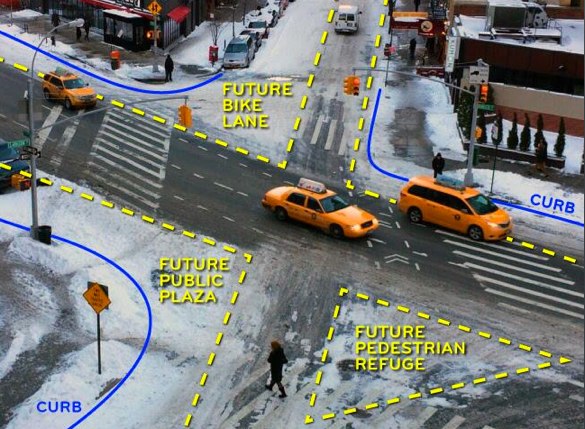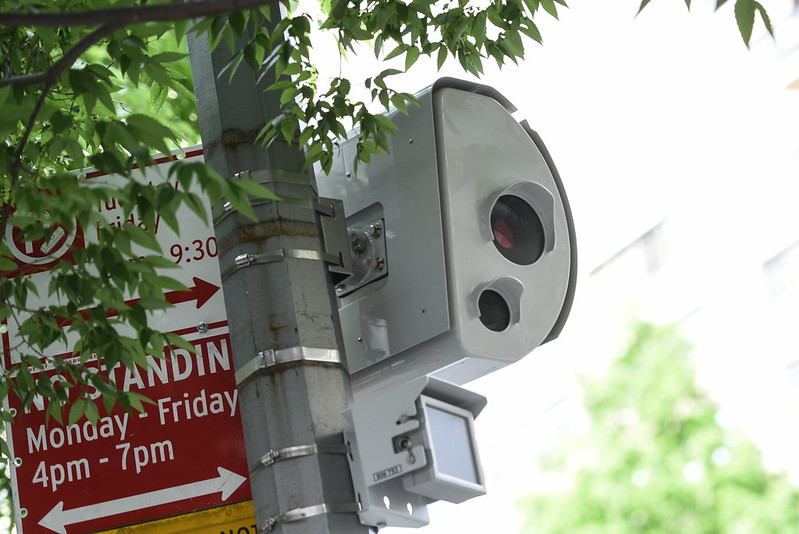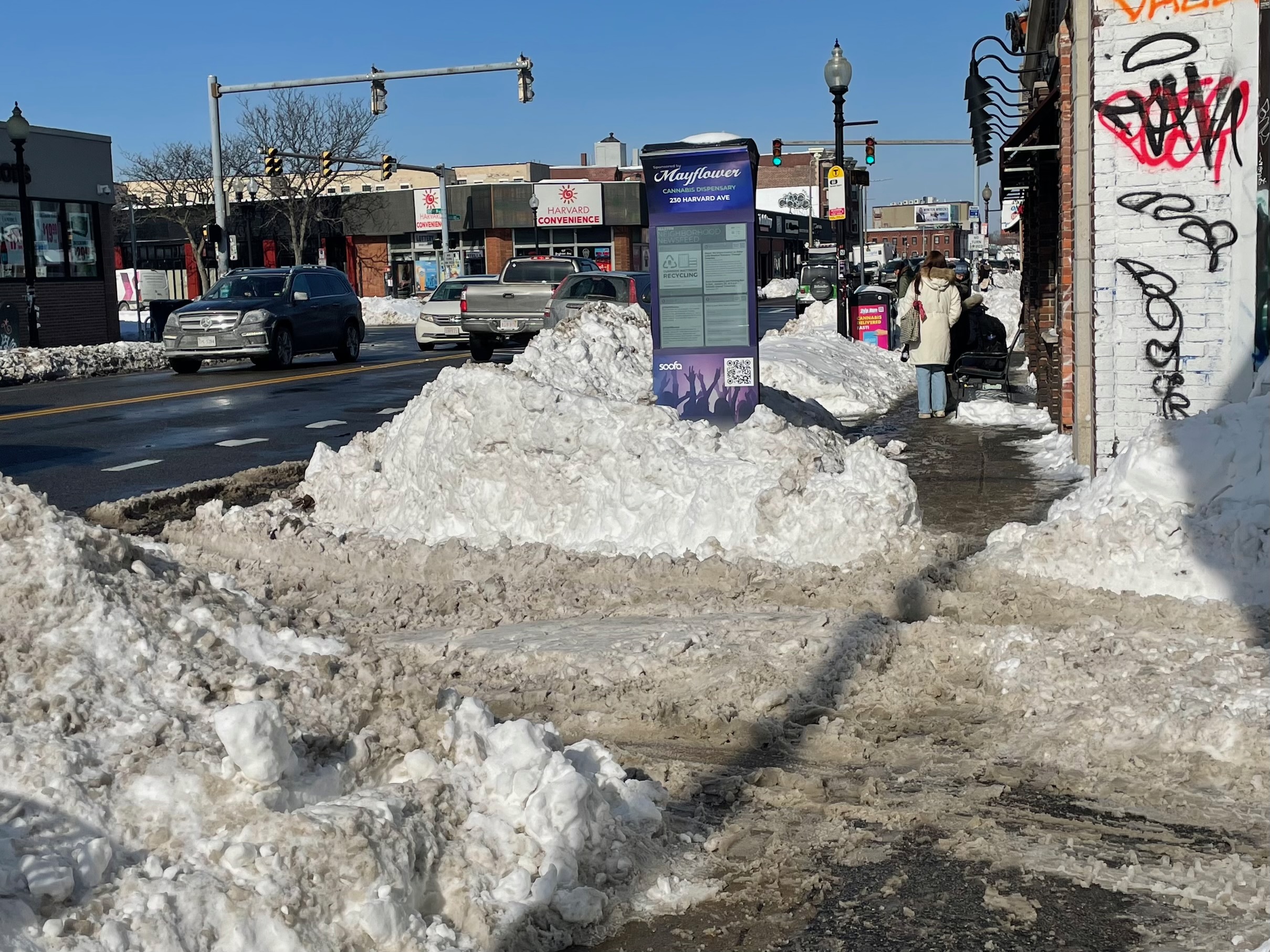Here’s a deep cut political trivia question: what does Josh Kraft have in common with John Hanratty and Catherine Vitale?
Sorry, you’ve never heard of John Hanratty or Catherine Vitale?
I’ll help you out: Hanratty was a leading member of a group that called itself “Cambridge Streets For All,” which unsuccessfully sued Cambridge over its bike lane projects.
Vitale claimed that a safety improvement project on Centre Street in West Roxbury was part of a government conspiracy to “control everything that we do.”
And Kraft, of course, spent several million dollars of his family fortune trying to discredit Mayor Wu’s popular street safety programs, which include a planned network of interconnected bike paths and new bus lanes to make the MBTA faster and more reliable.
Something else these three politicians have in common is their popularity among voters. John Hanratty has tried and failed to get on the Cambridge City Council twice – his most recent defeat was last night. Vitale finished dead last in the 2023 race for Boston’s at-large City Council seat.
And of course Kraft, whose speeches repeatedly (and, of course, erroneously) blamed bike lanes for causing Boston’s traffic problems, spent millions of dollars from his family's fortune to receive less than one-third as many votes as Mayor Wu in September’s preliminary election.
Bike lanes have become a common complaint among Boston’s conservatives, who are struggling to find a wedge issue that can find purchase in an overwhelmingly liberal city.
But every day, the region’s most notorious traffic jams are happening on highways – like Interstate 93, Route 128, the Turnpike, and Route 1 – that have never had bike lanes.
Among professionals who plan and design streets for a living, it’s common knowledge that bikes aren’t to blame for traffic jams. What is to blame is the fact that there are too many cars, and they’re taking up too much valuable space in our cities.
You don’t really need to be an expert to grasp this. A considerable number of informed voters also understand that if we actually want less traffic, we need to design streets that favor more efficient modes of transportation.
That means moving more people with vehicles that take up much less space (like bikes) or that can carry many more people (like buses).
One fact that Back Bay political consultants regularly seem to forget is that one in three Boston households do not own a car. That’s hundreds of thousands of voters who could not care less about parking – but they do care about the throngs of out-of-town drivers who delay their buses and cause violent crashes on the city’s streets every year.
Any politician who regularly spends time in neighborhood meetings knows that building safer streets and more reliable public transit consistently rank among residents’ top priorities for their elected officials.
When she was still a City Councilor, Michelle Wu understood this. That’s why she spent the first two years of her mayoral term building bike lanes and hundreds of speed humps, securing funding for fare-free bus programs, and laying out dedicated bus lanes to improve service on the city’s busiest bus routes.
But bafflingly, over the past year, Mayor Wu has started yielding to her opponent’s rhetoric by undoing some of her administration’s signature transportation improvements.
In the past few months, with little or no public notice, Mayor Wu has removed protective barriers along many of her administration’s new bike lanes, and scrubbed away dedicated bus lanes along some of the MBTA’s busiest and most crowded bus routes.
Josh Kraft’s mayoral campaign has apparently convinced too many people in City Hall who ought to know better that making streets safer and investing in public transit was politically risky.
Josh Kraft’s election results should debunk that theory for good.
Boston clearly wants a mayor who’s going to stand up for its residents. The misdirected resentments of disgruntled drivers aren’t more important than the city’s overwhelming need for a safer, more efficient transportation system.
Voters want a elected officials who can solve real problems. They want politicians who can make our cities safer, make our air cleaner, and make our day-to-day life easier, healthier, and more affordable.






